I am a
PHARMACEUTICAL SCIENTIST
At BRIDGEBIORaven Reddy, PhD
This scientist was part of our original collection.*A few features may different.
RAVEN
REDDY
He/Him
“Most of the things you try are going to fail. You just have to try to figure out why, and figure out the next thing that does work.”
Dr. Raven Reddy went from a stereotypical only-child to making a career of connecting with others.
He grew up fiercely independent. Without siblings around to play with, he mastered single-player games, befriended inanimate objects, and took up sports that he could play alone.
So when his neighbor, a professional golfer, offered to take him under his wing, Dr. Reddy was thrilled. They were connected by their Mexican culture, and he invited Dr. Reddy to hang out with top golfers like Tiger Woods and caddy for a national tour. For a time, he thought he’d like to become a professional golfer himself. After realizing that a career in golf required too much work and not enough sleep for his taste, he settled for his second love: science.
He started out in physics, and it didn’t go well. He had to admit to himself that sometimes, hard work isn’t enough. If you really don’t enjoy the process, it doesn’t make you a failure to give it up. When it’s the right fit, the hard work will be worth the effort.
At the time, that fit seemed to be bioengineering. He loved that it borrowed from so many fields and had so many potential applications. He started to work on designing pharmaceuticals and determining how cells responded to them over time. There was an urgency to this work — he was helping to create powerful medications that could save lives, and that was definitely worth the effort.
At the same time, he started to get more interested in the human side of science. He got involved with outreach programs, developed a weekly after school program to teach middle school students, and participated in programs to support diverse students in science.
After earning his PhD, he started to see the potential for combining the insights of science with the power of industry to help have a real world impact on people’s health and lives. A far reach from talking with inanimate objects, today he’s in the business of connecting and supporting people. Dr. Reddy now works at a company where his unique combination of scientific, relationship-building, and applied skills helps build bridges between people, ideas, and industries.
Dr. Reddy may have never found that perfect fit. But by committing to working hard, listening to his intuitions, and paying it forward, he ended up creating it.
Notable Accomplishments:
PhD in Biological Engineering, MIT
UCEM Sloan Scholar
The
basics:
Expertise: Pharmaceuticals; Biological Engineering; Biotechnology
Title: Chief of Staff
Institution: BridgeBio
I am a golf-loving dog dad who is bridging the worlds of health, engineering, and business.
GOLF
•
THE MOVIE "FROZEN"
•
MY DOG, OAKLEY
•
POP PUNK ROCK
•
SLEEP
•
GOLF • THE MOVIE "FROZEN" • MY DOG, OAKLEY • POP PUNK ROCK • SLEEP •
things I love:
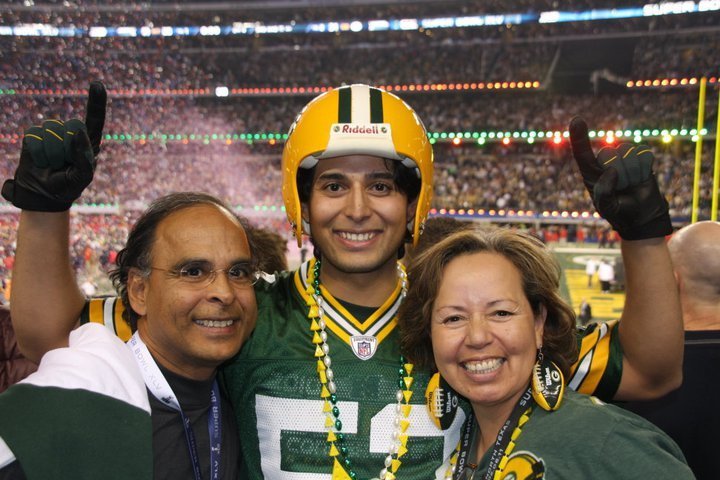
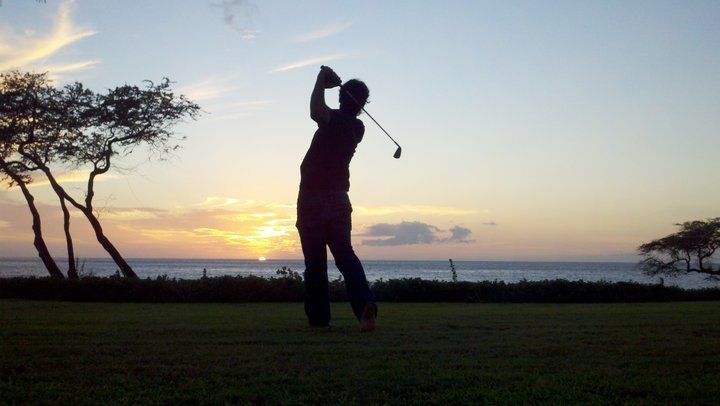
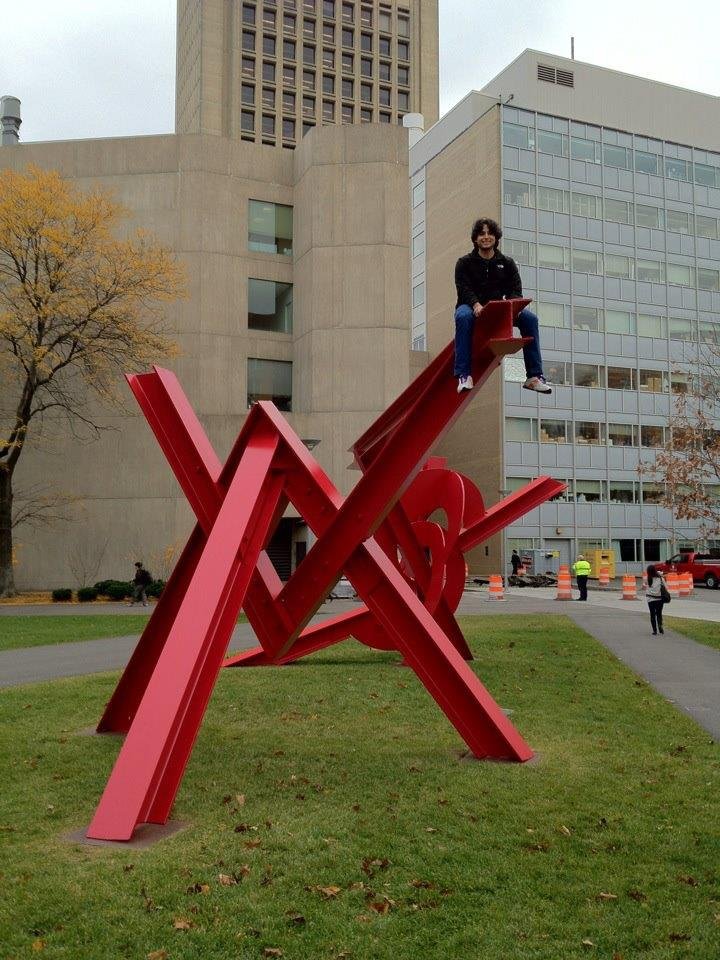
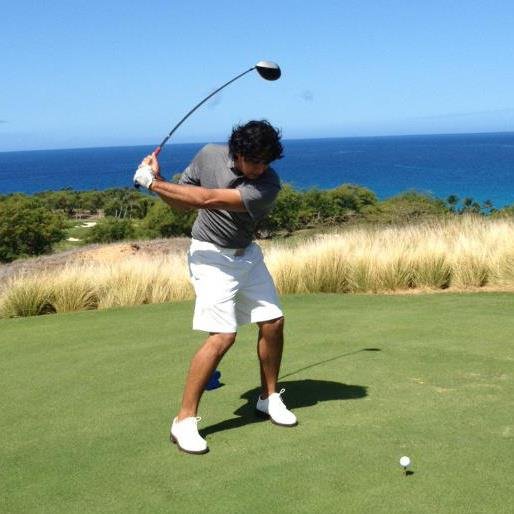
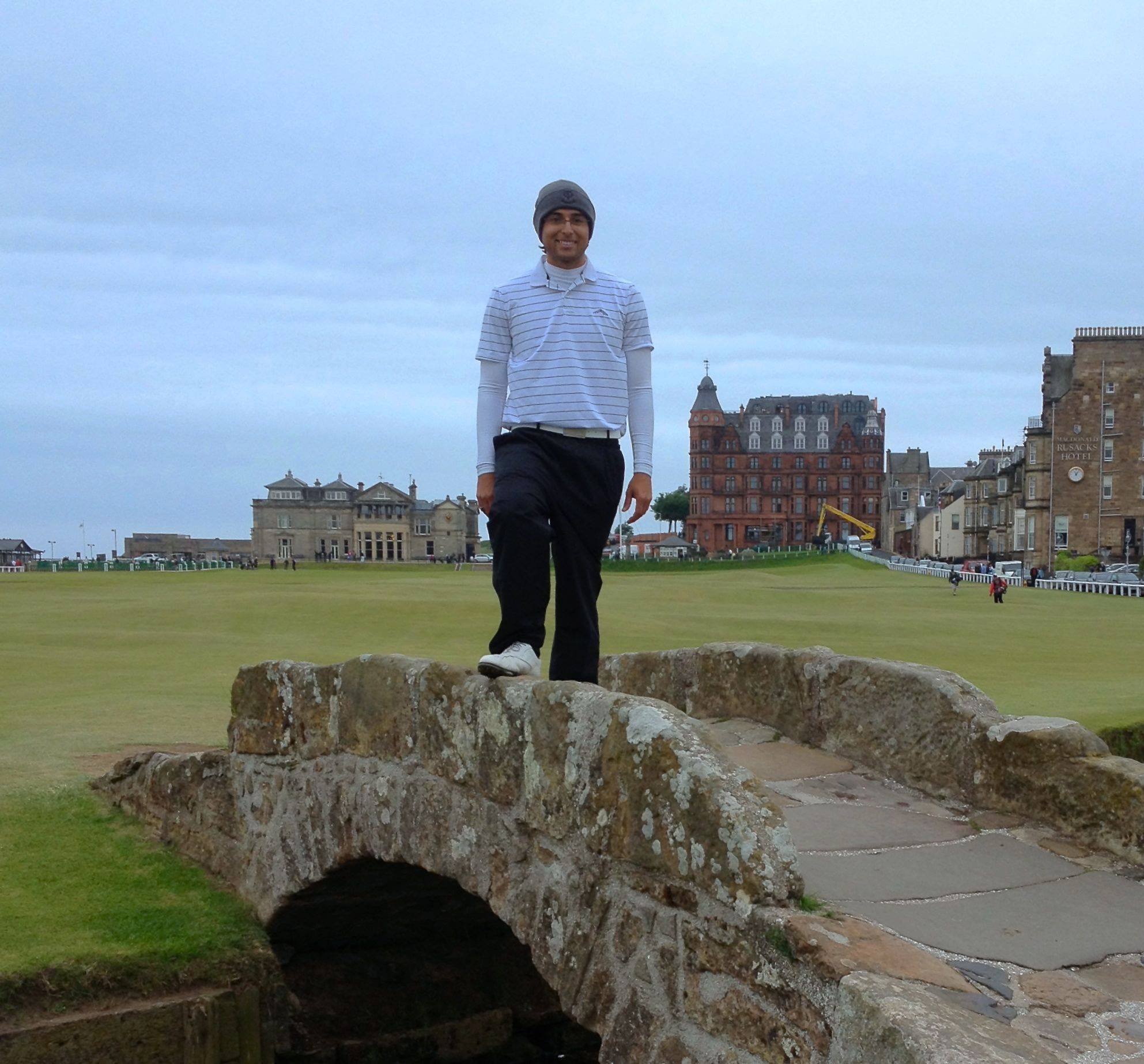
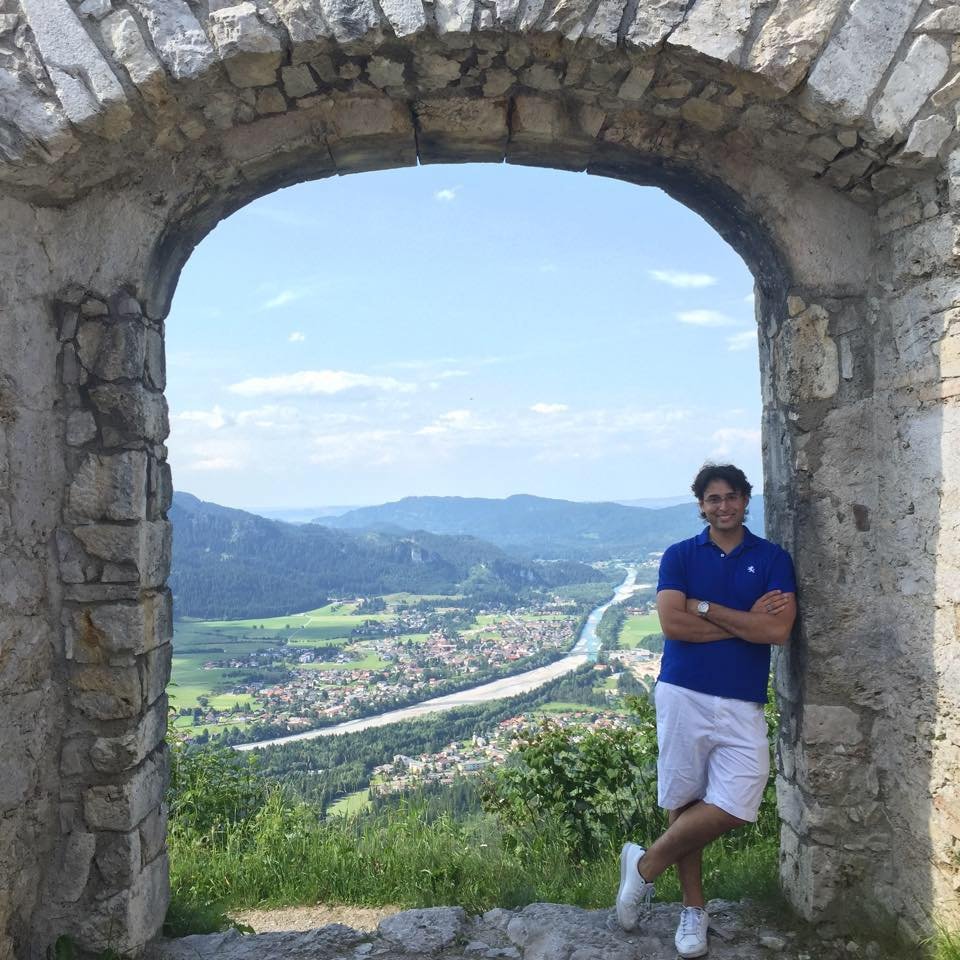
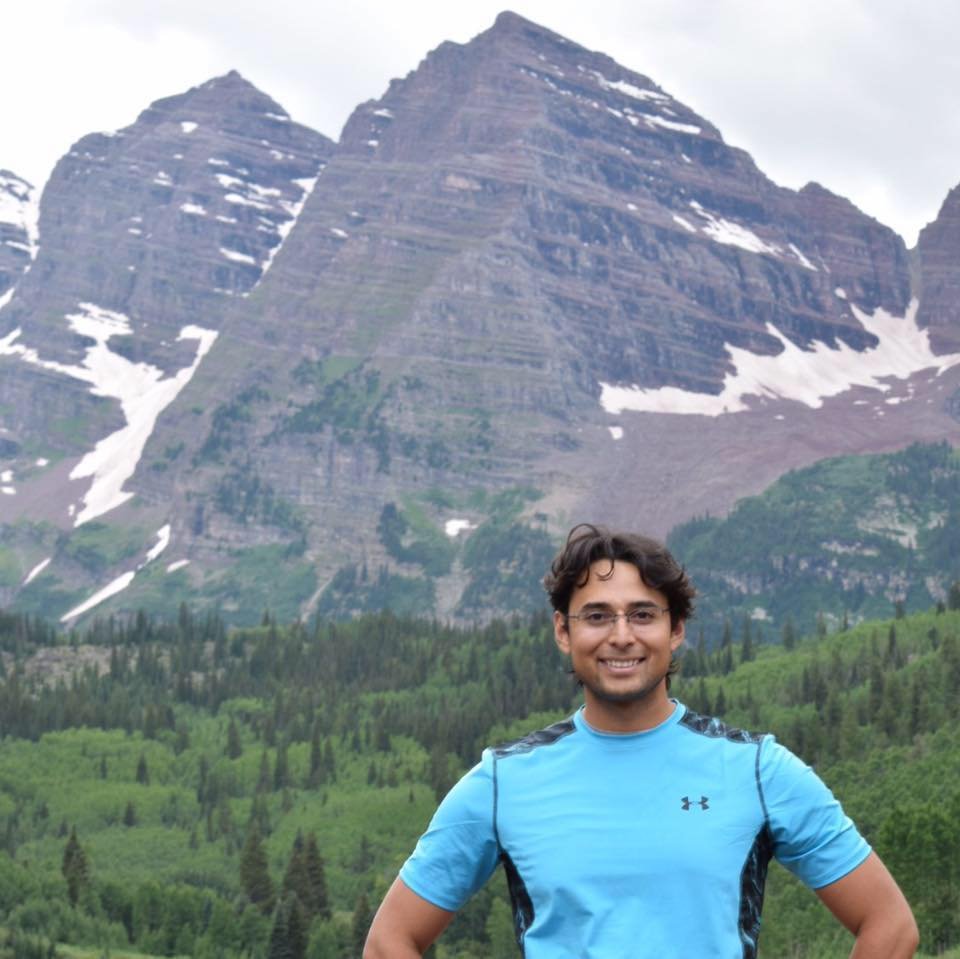
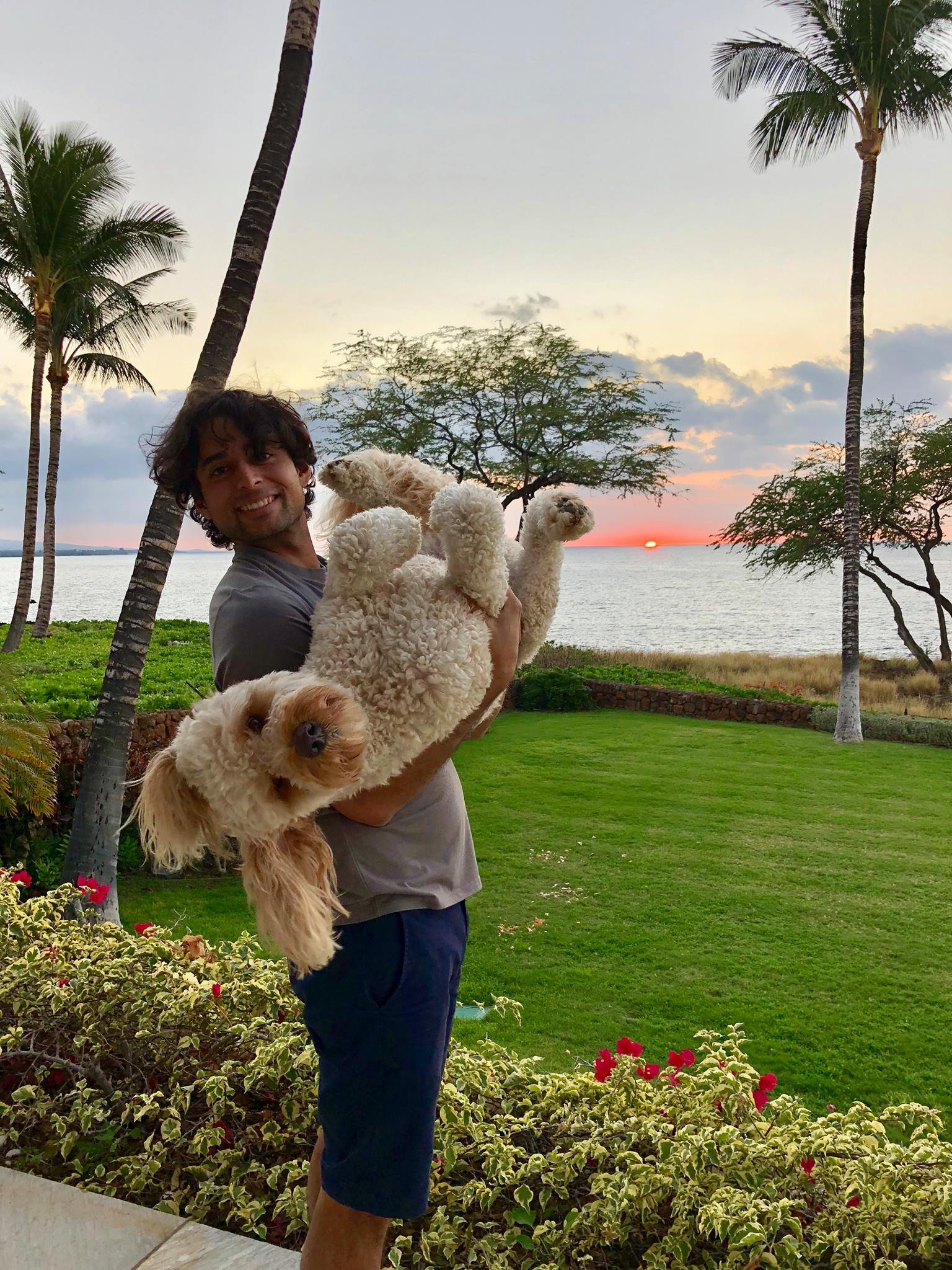
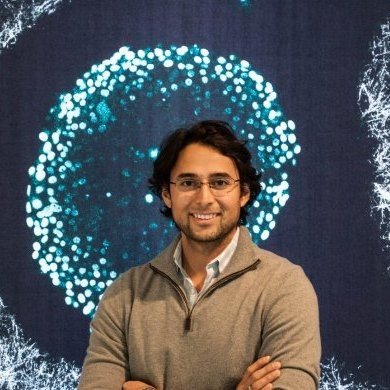
WHAT I DO
i am a PHARMACEUTICAL SCIENTIST
My work bridges engineering, biology, and business.
I support teams of scientists and engineers.
I work in a company where I support teams of scientists and engineers and act as a bridge between the worlds of research and business.
i explore cellular interactions
I work to understand our body’s system of cells, because with that knowledge we may be able to engineer treatments that help them to stay healthy. I study the inner workings of our cells, how they all affect each other, and what to do when they get sick.
I’m always looking to make progress in my field.
Even though I no longer work in a lab, my scientific knowledge helps me make sure that the company I work for can make progress towards interventions for better health.
MY WHY
The body is a complicated system of cells that all interact.
I WANT TO KNOW:
What happens to cells when they’re sick?
How can we design new treatments to heal them?
MY ADVICE
a little about me
I wanted to be a professional golfer and got to meet Tiger Woods.
As an only child, I learned to be really easily amused. I’m a terrible cook. I really love to sleep. I’m left-handed. My mom is Mexican and my dad is Indian. Purple is my favorite color.
MY PATH TO SCIENCE
Avoiding English
I grew up in Pebble Beach, California. As an only child, I appreciated the value of solitary pursuits. I learned sports I could play alone, talked to inanimate objects, and would throw a football at targets (so I never learned to catch). My godfather was a Chemist, which made me always interested in science. I used science to avoid my English classes, which I hated.
Pursuing Golf
I was really into golf growing up and through high school. I used to have a neighbor who knew professional golfers. The neighbor would sneak me over to go to the player’s lounge and hang with the golfers, including Tiger Woods. My first job was as a caddy. I decided not to pursue professional golf because it was too much work and I couldn’t get enough sleep.
Finding the Right Fit
I went to MIT to study Physics but couldn’t keep up with my classes. I had to accept that it wasn’t the right path for me. I had to deal with the reality that just because physics may not have been the discipline for me, I did not fail as a person, and finding what really fit was ok. I found myself drawn to bioengineering because it was like a combination of how the body works and how we can change that.
Building Bridges
Because I believe in supporting people, I implemented a weekly after school program teaching molecular biology fundamentals and research techniques to middle school students. I wanted to build bridges into science for diverse students. I got more involved in outreach things related to biotech. Overall, I just got interested in the people side of science.
The Business of Science
I started to realize how much potential there was in bioengineering to create powerful medications. I felt a weight and urgency in my work. These are critical drugs that affect people’s lives. Pharmaceuticals can be a complicated industry, but most of the scientists doing the work care deeply. I started learning business skills to connect my interest in science with my interest in helping people.
I study Pharmaceutical science
Pharmaceutical Scientists are often bioengineers who research and develop new medications.
INTRODUCING
Pharmaceutical Science
What is pharmaceutical science? Why does it matter?
If you’ve ever been to a pharmacy to pick up medication you have probably seen the list of side effects, drug interactions and explanation of beneficial effects that comes with each pharmacy-supplied prescription. This wealth of information, and the drug itself, it thanks to pharmaceutical science, which studies the development of new drugs to treat medical conditions and how these drugs interact in the body to produce the more therapeutic effect. In studying how different drugs are absorbed by human bodies and how they can treat illnesses with minimal side effects, pharmaceutical scientists save lives and alleviate suffering every day.
There are four branches of pharmaceutical science. The study of the biochemical and physiological effects a drug has on a body is called pharmacology and includes investigating what the drug does to the body, what the body does to the drug and what the risks of using it might be. Pharmaceutical chemistry is the science that works to develop new drugs to treat ailments. The science of figuring out how best to deliver the drug to the body is called pharmaceutics. And pharmacognosy is the study of how natural materials might be used to make new medicines. Altogether, these fields of research play a big role in keeping us healthy and productive.
Career Resources
Every scientist’s path is unique, and the right resources can make all of the difference. Below are a selection of resources that may be helpful for those who are interested in areas of science that are related to Raven’s work.
“[Sometimes] there are other people who are more talented and don’t have to work as hard. You [can still] really try at something and it might work out. If it is still not fun for you, it is ok to look for something else.”
— Raven Reddy, PhD
KEEP EXPLORING
Here are some resources we recommend for diving deeper into themes from this story.
Applied Sciences
FIELD GUIDE
coming soonView more related scientists:
Looking for teacher resources?
PHOTOGRAPHER: Erica Derrickson • Boston, MA© 2024 THE PLENARY, CO. ALL RIGHTS RESERVED. TERMS. PRIVACY.This is a brand new site! See an issue? Let us know.
















